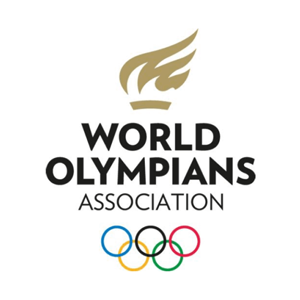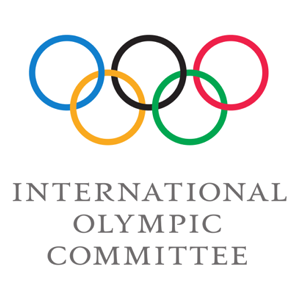In 2004 the Olympics went home to Athens, where the ancient Games were born and the modern Games were revived in 1896.
Games organisers had been dogged by criticism since they won the bid. Many critics feared an epic Greek tragedy. There were constant construction delays, budget blow-outs and security fears. However, when the roof of the Olympic Stadium was finally in place, the negative turned to positive and the people of Greece delivered an amazing 17-day spectacle.
A record 201 National Olympic Committees participated, the first time the number of teams had crept over 200. There were more athletes, more female competitors and more events than ever before. Ahead of the Games, the first truly global Torch Relay had visited five continents, having been lit in Olympia and returning to Greece in time for a spectacular Opening Ceremony. The Olympic flame was lit by Greek sailboarder Nikolas Kaklamanakis, a 1996 gold medallist, a local lad who learned his sport on the waters near Athens.
The United States led the medal table with 35 gold medals, closely followed by an improving China, with 32 gold. Australia was fourth with 49* medals overall, including 17 gold, with Russia in third place. * Australia’s total increased to 50 medals in 2012 when cyclist Michael Rogers was elevated to bronze in the road time trial following American Tyler Hamilton being stripped of the gold for doping.



